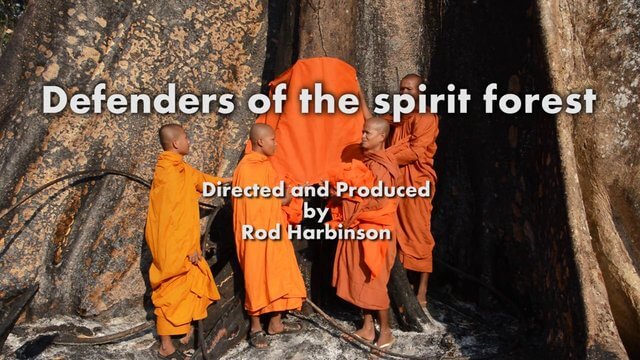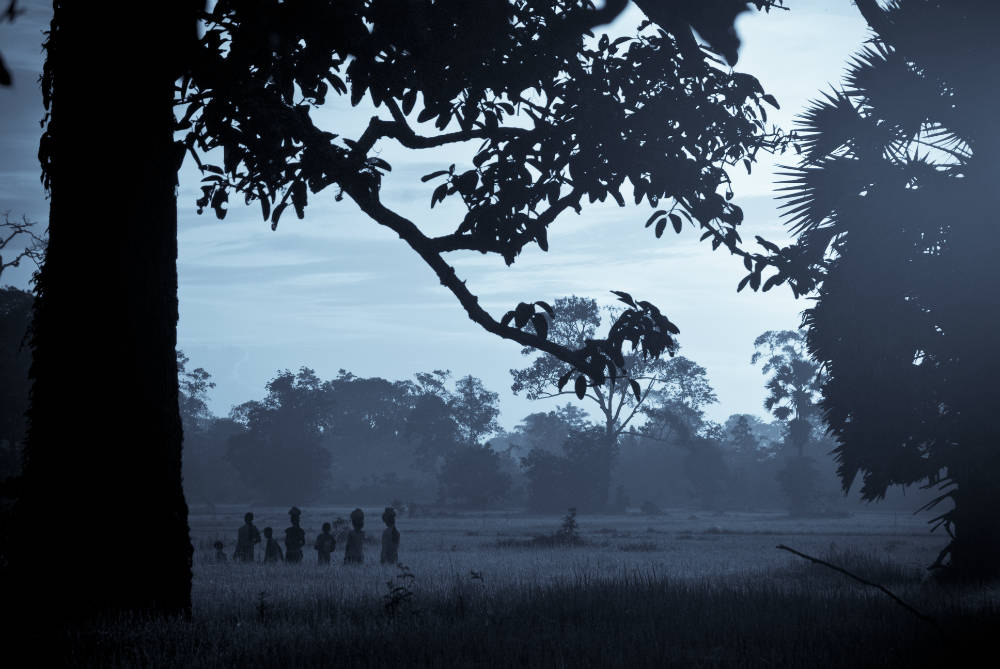Cambodia is home to 24 different indigenous peoples, who speak mostly Mon-Khmer or Austronesian languages, and constitute 2-3% of the national population, around 400,000 individuals. Indigenous territories here include the forested plateaus and highlands of Northeastern Cambodia, approximately 25% of the national territory. While not disaggregated in the national census, other data confirms that Cambodian indigenous peoples continue to face discrimination and coerced displacement from their lands that are extinguishing them as distinct groups. These patterns are driven by ongoing state and transnational corporate ventures for resource extraction/conversion (mainly timber, minerals, hydro and agribusiness), coupled with growing in-migration from other parts of the country.
Cambodia voted in 2007 to adopt the UN Declaration on the Rights of Indigenous Peoples without reservation, and has ratified the CERD, CEDAW, and CRC. It has not assented to ILO Convention 169. During its last Universal Periodic Review (UPR) (2013), Cambodia accepted a recommendation that it “increase measures to tackle illegal land evictions [of] indigenous people, and consider fortifying the legislative framework consistently with international standards.” This has not led to any actual remedy to the discrimination and land insecurity indigenous peoples faced in 2017. An indigenous rights movement that began in the late 1990s continued to develop in 2017; however, with recent government crackdowns on political parties, NGOs, media and others perceived to be in “opposition” to the reigning Cambodian Peoples Party (CPP), the ground on which the Indigenous rights movement exists has become more precarious.
International Work Group for Indigenous Affairs, The Indigenous World 2019




